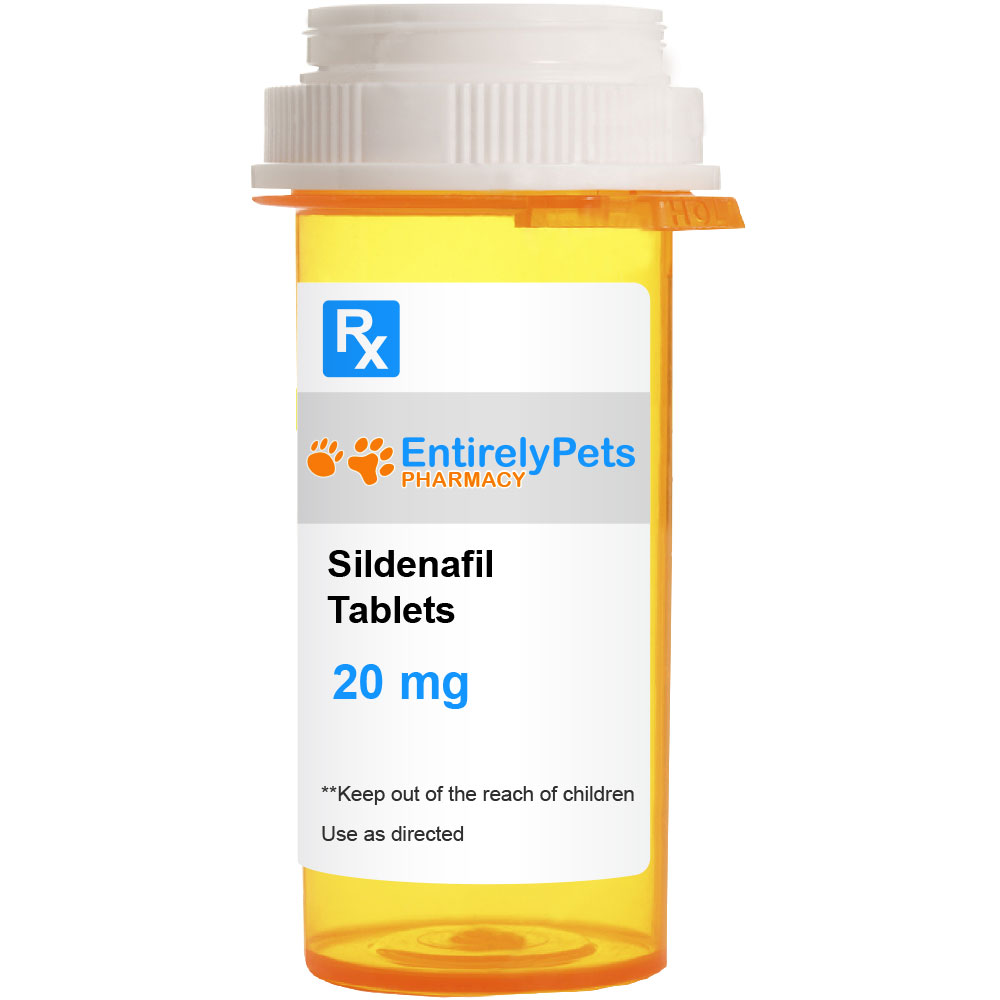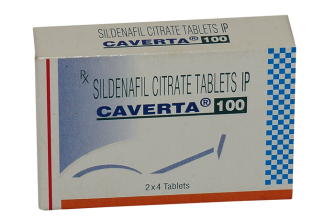Consider sildenafil (An 351 pill) as a reliable option for improving your dog’s quality of life, particularly in cases of pulmonary hypertension. Many veterinarians recommend this medication to help ease the strain on your pet’s heart and improve their overall energy levels.
This medication works by relaxing the blood vessels, allowing for better blood flow. It’s essential to understand the correct dosage and potential side effects. Start with a veterinary consultation to determine the appropriate dosage tailored to your dog’s weight and health condition.
Monitoring your dog after administering sildenafil is crucial. Watch for any signs of discomfort or adverse reactions, such as unusual behavior or gastrointestinal issues. Regular follow-ups with your veterinarian can ensure that the treatment remains effective and safe for your furry companion.
While sildenafil is primarily used for heart-related issues, be aware that it may not be suitable for every dog. Certain underlying health conditions can complicate treatment, making it vital to keep an open line of communication with your vet throughout the process.
An 351 Pill Sildenafil for Dogs
An 351 pill, which contains sildenafil, is often prescribed for dogs experiencing erectile dysfunction or pulmonary hypertension. This medication improves blood flow and supports cardiovascular health. If your veterinarian recommends sildenafil, ensure you adhere to the dosage instructions carefully.
Dosage and Administration
Typical dosages of sildenafil for dogs range from 0.5 to 2 mg per kilogram of body weight, administered every 8 to 12 hours. Always consult your veterinarian to confirm the accurate dosage for your dog’s specific condition. Monitor your pet closely after administration for any signs of adverse reactions.
Side Effects and Precautions
Potential side effects may include gastrointestinal upset, lethargy, or changes in behavior. If you notice any unusual symptoms, contact your veterinarian immediately. Avoid giving sildenafil to dogs with pre-existing cardiovascular issues, kidney disease, or those on other medications without veterinary approval.
Understanding the Use of An 351 Pill Sildenafil in Canine Health
An 351 pill sildenafil can benefit dogs suffering from pulmonary hypertension. This condition causes increased blood pressure in the pulmonary arteries, leading to breathing difficulties and reduced exercise tolerance. Administering sildenafil helps dilate blood vessels, improving blood flow and alleviating symptoms.
Recommended Dosage and Administration
The appropriate dosage of sildenafil for dogs typically ranges from 0.5 to 2 mg per kilogram of body weight, administered every 8 to 12 hours. A veterinarian should determine the exact dosage based on the dog’s specific condition, size, and overall health. Always follow your veterinarian’s guidance and never attempt to self-prescribe medication for your pet.
Possible Side Effects
While many dogs tolerate sildenafil well, potential side effects can occur. Some dogs may experience decreased appetite, diarrhea, or mild lethargy. Serious side effects, such as an increase in heart rate or respiratory distress, require immediate veterinary attention. Monitoring your pet during treatment is crucial, and any concerns should be addressed promptly.
Dosage Guidelines and Safety Considerations for Sildenafil in Dogs
For dogs, the dosage of sildenafil typically ranges from 0.5 mg to 2 mg per kg of body weight, administered every 8 to 12 hours as prescribed by a veterinarian. Adjustments depend on factors such as the dog’s size, health condition, and response to the medication.
Before initiating treatment, consult with a veterinarian to determine the appropriate dosage for your dog. This ensures the safety and efficacy of the medication. Regular monitoring during the treatment is crucial to identify any adverse effects or adjustments needed in the dosage.
Be aware of potential side effects, which may include gastrointestinal upset, lethargy, or changes in behavior. Should any unusual symptoms occur, contact your veterinarian immediately for guidance.
Using sildenafil with caution is essential. It should not be administered to dogs with pre-existing cardiovascular issues, low blood pressure, or those taking certain medications, such as nitrates. Always disclose your dog’s complete medical history to the veterinarian for safe prescribing.
In conclusion, following veterinary guidance and maintaining open communication about your dog’s health are key when using sildenafil. Keeping track of the dosage and being vigilant for side effects will help ensure a safe treatment experience.










